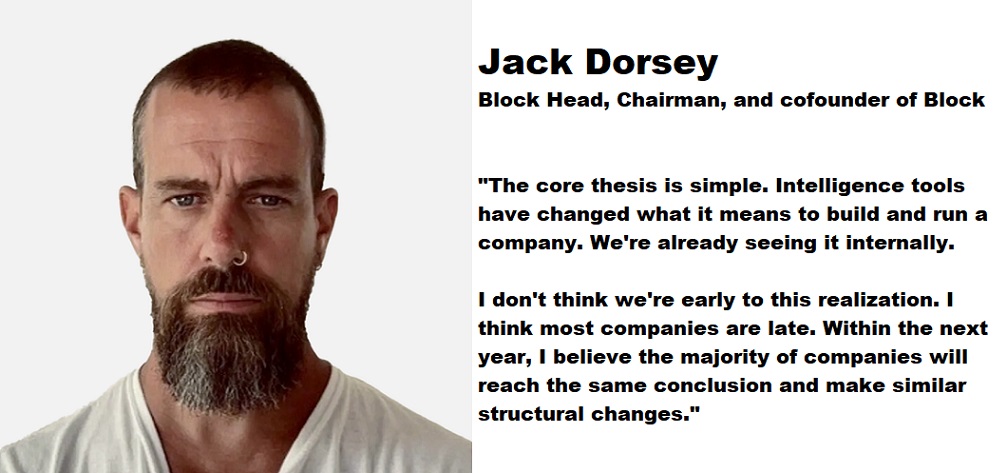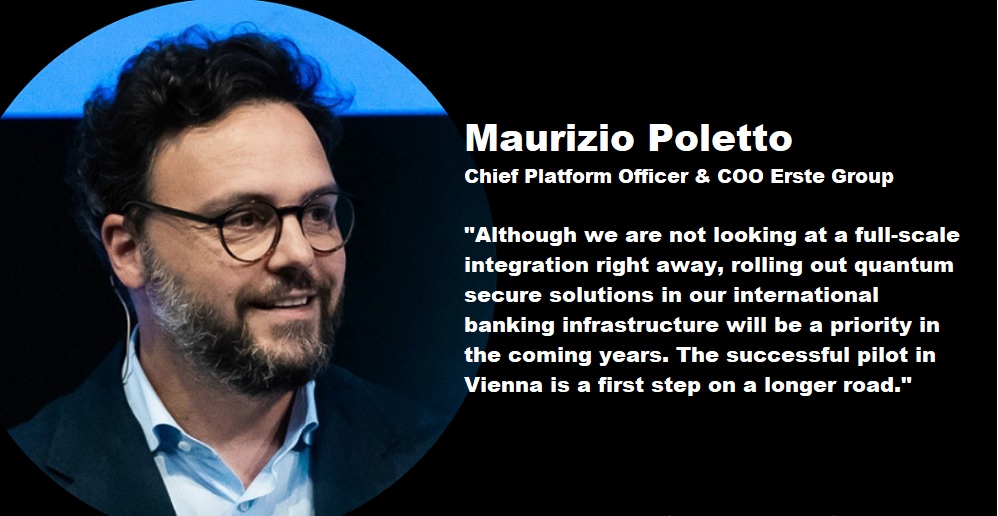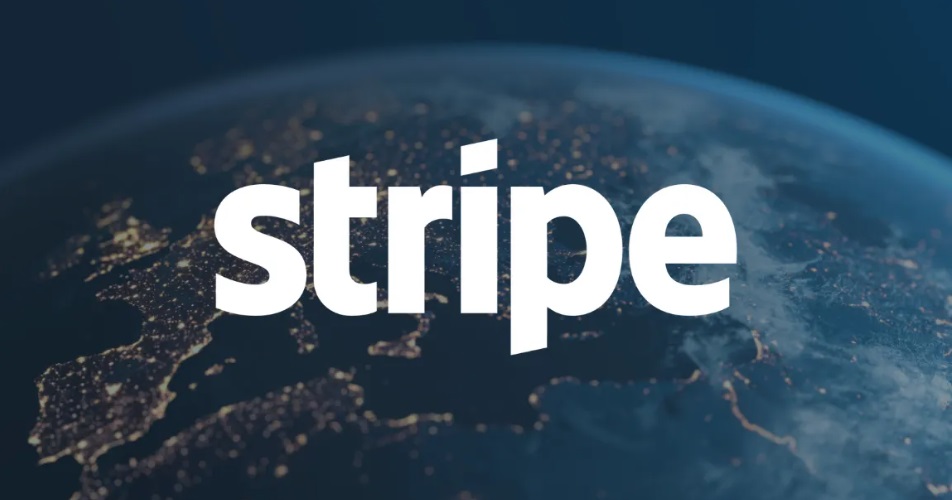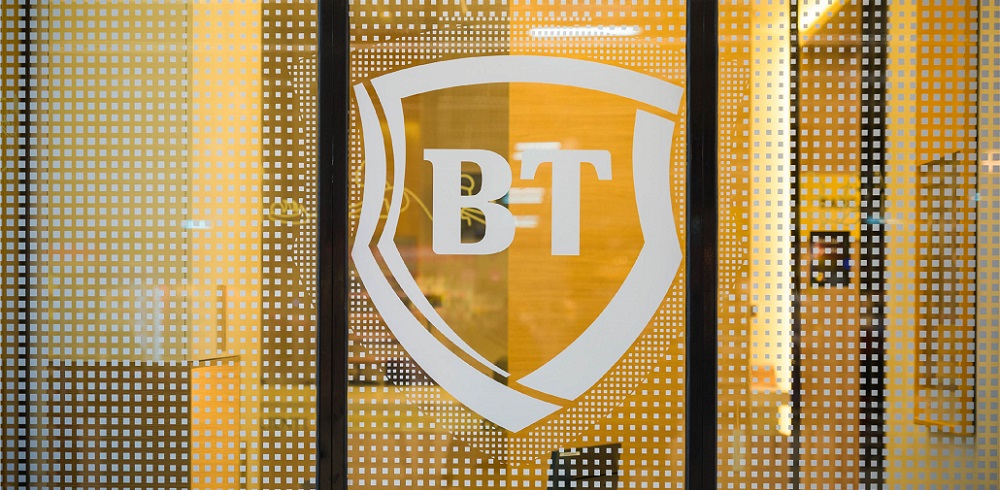US overtakes China as biggest bitcoin mining hub after Beijing ban. The computational power required to create bitcoin fell in China from 44 per cent to zero, between May and July.
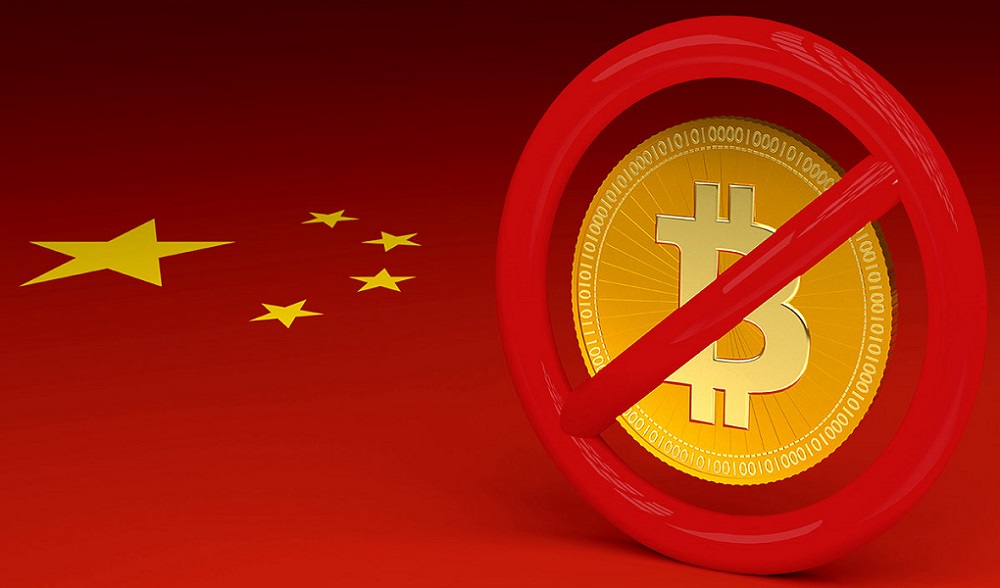
The US overtook China as the world’s biggest source of bitcoin mining two months after Beijing banned crypto mining this year, new data have revealed, according to the Financial Times.
China’s share of the global hashrate — the computational power required to create bitcoin — fell from 44 per cent to zero between May and July, showed figures published by the Cambridge Centre for Alternative Finance on Wednesday. The country accounted for three-quarters of the global hashrate in 2019.
The US share of the global hashrate increased from 17 per cent in April to 35 per in August, while Kazakhstan rose 10 percentage points to 18 per cent in the same period.
China’s State Council, or cabinet, banned cryptocurrency mining and trading in May, citing environmental and financial concerns. The decision prompted an exodus of miners in search of cheap energy and crypto-friendly politicians.
China’s bitcoin mining ban resulted in the “great mining migration”, said Sam Tabar, chief strategy officer at Bit Digital, a New York-based bitcoin miner. The company suspended its operations in China, which it had been winding down since October 2020, after the prohibition.
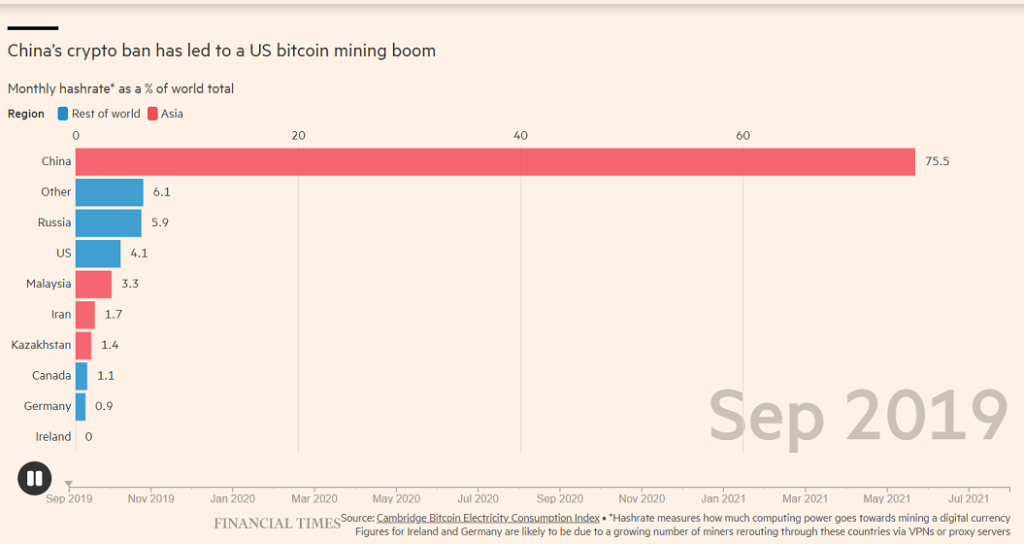
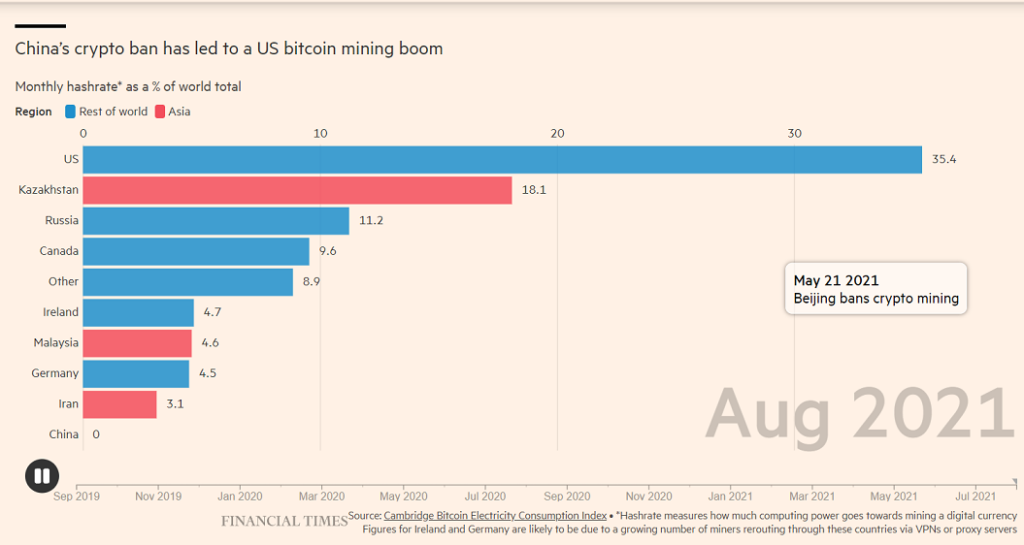
Michel Rauchs, digital assets lead at the closely watched Cambridge tracker, noted that “the effect of the Chinese crackdown is an increased geographic distribution of hashrate across the world”, adding that it could be seen as “a positive development for network security and the decentralised principles of bitcoin”.
Miners outside China enjoyed a digital coin minting spree in the months following the ban, as Chinese competitors hurried to relocate their operations. Beijing has since gone further, labelling all crypto-related activities “illegal” last month, extending its prohibition to include foreign operators. China is rolling out its own digital currency, which authorities hope to trial at the Beijing Winter Olympics in February 2022.
“The China shutdown has been great for the industry and US miners,” said Fred Thiel, chief executive of Marathon Digital Holdings, a Las Vegas-based crypto mining company. “Overnight, fewer players were going after the same finite number of coins.”
On average, 900 bitcoin are mined every day by machines that race to solve complex computational mathematical problems that unlock new digital coins. Between July and September, Marathon Digital Holdings produced 1,252.4 minted coins, 91 per cent more than the previous quarter.
But Thiel said the competition has intensified as Chinese miners settled in to new locations, notably Kazakhstan. “We’re back to where we were before the shutdown, so I expect the situation to stabilise,” he said.
But the scattered miners have also faced roadblocks in their new homes, underscoring the challenges for digital currency companies in identifying predictable policy environments as concerns mount about financial oversight of the sector.
Didar Bekbauov, co-founder of Xive, an Almaty-based cryptocurrency mining platform, said that “immediately after the ban, Kazakhstan received a lot of mining machines, mostly from Chinese miners who wanted to restart operations as soon as possible”.
Authorities have blamed the exiled crypto hunters for recent energy shortages, slapping power-hungry miners with surcharges for electricity use. The Kazakh government also passed a cryptocurrency mining tax that will come into effect in 2022.
Dariusz Mazurkiewicz – CEO at BLIK Polish Payment Standard
Banking 4.0 – „how was the experience for you”
„To be honest I think that Sinaia, your conference, is much better then Davos.”
Many more interesting quotes in the video below:
